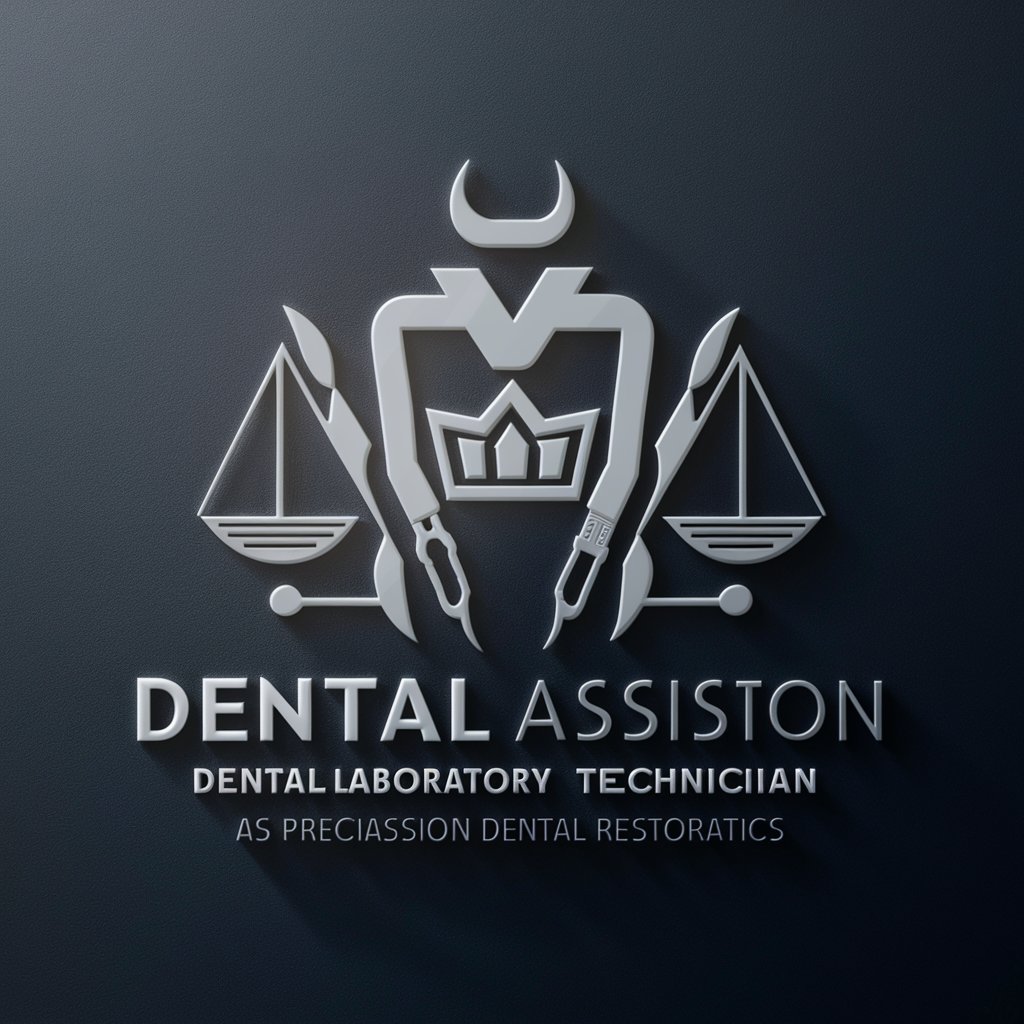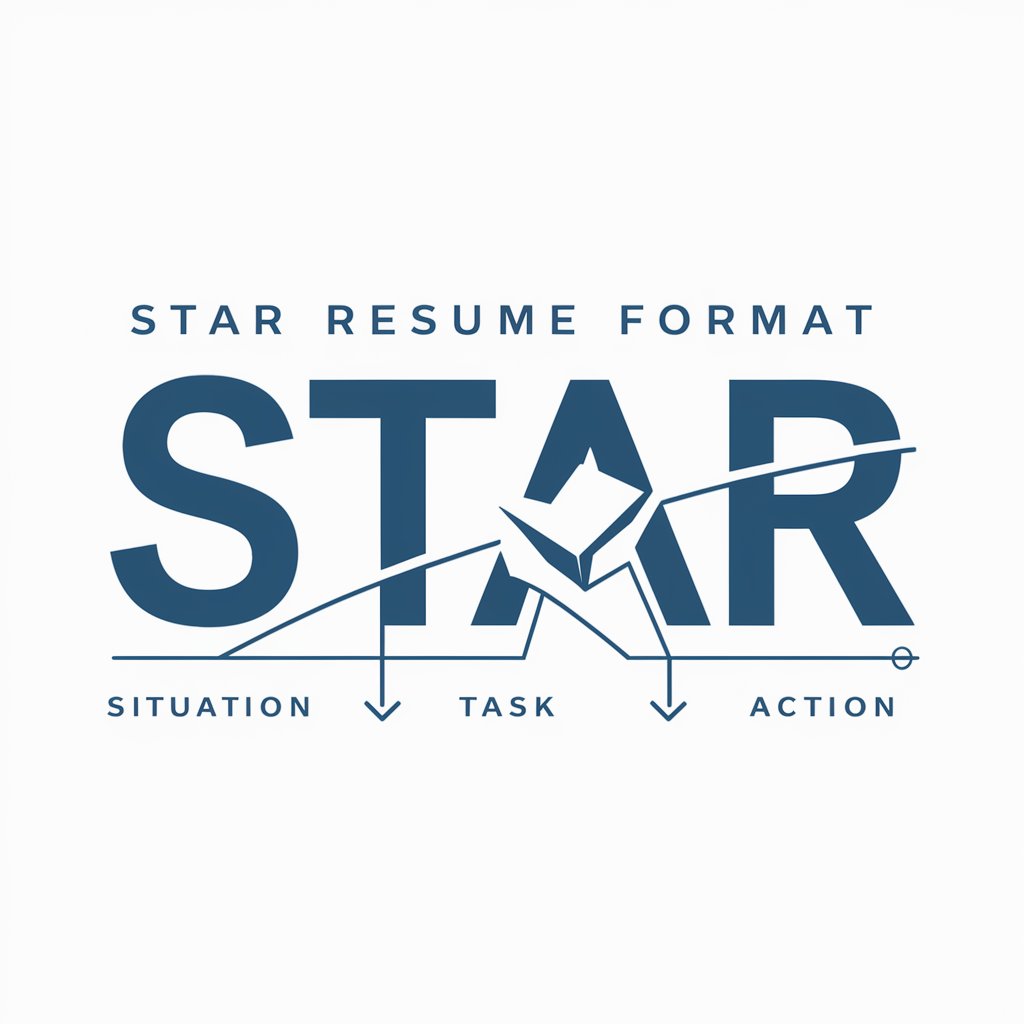
Laboratory Techniques Tutor - Civil Engineering Lab Aid

Welcome! I'm here to help you master civil engineering laboratory techniques.
AI-powered civil engineering lab assistant
Can you explain the safety protocols for handling hazardous materials in a civil engineering lab?
What are the best practices for calibrating laboratory equipment in civil engineering experiments?
How should one properly document and report laboratory test results?
What are the key considerations when setting up a new civil engineering lab?
Get Embed Code
Overview of Laboratory Techniques Tutor
Laboratory Techniques Tutor is an advanced, AI-powered tool designed to serve as a comprehensive guide and tutor for upper division and graduate students in civil engineering, focusing on the nuances of laboratory work within their field. This specialized AI tool provides detailed explanations, guidance, and best practices for organizing and conducting experiments in a civil engineering lab. It emphasizes safety, accuracy, and efficiency, aiming to enhance the educational experience of students by offering insights into complex procedures, troubleshooting common issues, and suggesting improvements in laboratory management. For instance, it can walk a student through the correct method of using a triaxial shear test apparatus, including setup, execution, and interpretation of results, thereby illustrating the practical application of theoretical knowledge in a real-world scenario. Powered by ChatGPT-4o。

Key Functions of Laboratory Techniques Tutor
Educational Support and Guidance
Example
Explaining the step-by-step procedure for conducting a concrete compressive strength test, including preparation, testing, and data analysis.
Scenario
A student is preparing for a lab session where they will be testing the compressive strength of concrete samples. Laboratory Techniques Tutor offers a detailed guide on the entire process, ensuring the student is well-prepared and understands the significance of each step.
Safety Protocols and Best Practices
Example
Offering a comprehensive overview of safety measures and best practices when handling hazardous materials in the lab.
Scenario
Before a lab session involving the use of potentially hazardous chemicals, a student consults Laboratory Techniques Tutor for advice on proper safety protocols. The Tutor provides critical information on protective gear, safe handling, and emergency procedures.
Troubleshooting and Problem Solving
Example
Assisting students in identifying and rectifying common issues encountered with laboratory equipment, such as calibration errors.
Scenario
A student faces difficulty with a piece of equipment that is not functioning as expected during an experiment. Laboratory Techniques Tutor helps diagnose the issue, suggesting steps to calibrate the equipment correctly and avoid similar problems in the future.
Who Can Benefit from Laboratory Techniques Tutor?
Upper Division Civil Engineering Students
These students, often engaged in more complex and specialized laboratory work, can leverage the Tutor's insights to enhance their experimental skills, understand advanced techniques, and apply theoretical knowledge practically.
Graduate Civil Engineering Students
Graduate students, particularly those involved in research, can benefit from the Tutor's advanced guidance on experimental design, data analysis, and presentation of results, helping them in their thesis work and research projects.
Civil Engineering Instructors and Laboratory Technicians
Educators and technicians can utilize the Tutor as a resource to stay updated on the latest laboratory techniques, safety standards, and to provide supplementary educational materials to students.

How to Use Laboratory Techniques Tutor
Initiate Your Journey
Start by visiting yeschat.ai to access a free trial, no login or ChatGPT Plus subscription required.
Identify Your Needs
Determine the specific civil engineering laboratory technique or concept you need assistance with.
Ask Your Question
Pose your question in a clear, concise manner to ensure you receive the most accurate and comprehensive answer.
Engage with Responses
Review the detailed explanations provided, and feel free to ask follow-up questions for further clarification.
Apply Knowledge
Utilize the information and guidance provided to enhance your laboratory work, ensuring to follow safety and best practice recommendations.
Try other advanced and practical GPTs
Nutritional Biochemistry Laboratory Tutor
Empowering Nutrition Science with AI

Dental Laboratory Technician
Enhancing dental labs with AI-powered precision

Microcomputer Systems Laboratory Tutor
Empowering Engineering Education with AI

Physical Chemistry Laboratory Tutor
Mastering Labs with AI

Highway Design Laboratory Tutor
Elevate your highway design skills with AI-powered guidance.

Control Systems Laboratory Tutor
AI-powered Control Systems Tutoring

Symphonic Laboratory Coach
Elevating musical performances through AI-powered insights

STAR Resume Format
AI-powered narrative structuring for professionals.

Star Wars
Command Your Star Wars Destiny

SmartGrug Interpreter
Simplify Complex Ideas, Effortlessly.

Deep Compare
Empowering Comparison with AI

Spec Compare
AI-Powered Smartphone Comparisons at Your Fingertips

Detailed Q&A on Laboratory Techniques Tutor
What types of laboratory techniques can Laboratory Techniques Tutor assist with?
Laboratory Techniques Tutor specializes in a wide array of civil engineering lab practices, from soil testing and material strength analysis to environmental sample analysis and structural behavior experimentation.
How can this tool help me improve my lab reports?
By providing detailed explanations and best practices for data collection, analysis, and interpretation, the tool helps you understand how to effectively document your findings and present them in a clear, professional manner.
Is Laboratory Techniques Tutor suitable for both undergraduate and graduate students?
Absolutely. The tutor is designed to cater to a range of educational levels, offering basic through advanced guidance that's tailored to each user's specific questions and educational background.
Can Laboratory Techniques Tutor provide real-time assistance?
While not real-time in the sense of live interaction, the tutor responds promptly to queries, making it a reliable resource for students working on time-sensitive laboratory assignments.
How does Laboratory Techniques Tutor ensure the safety of laboratory practices?
Safety is a paramount concern. The tutor emphasizes safe laboratory practices, hazard identification, and proper use of personal protective equipment (PPE), alongside specific technical guidance.